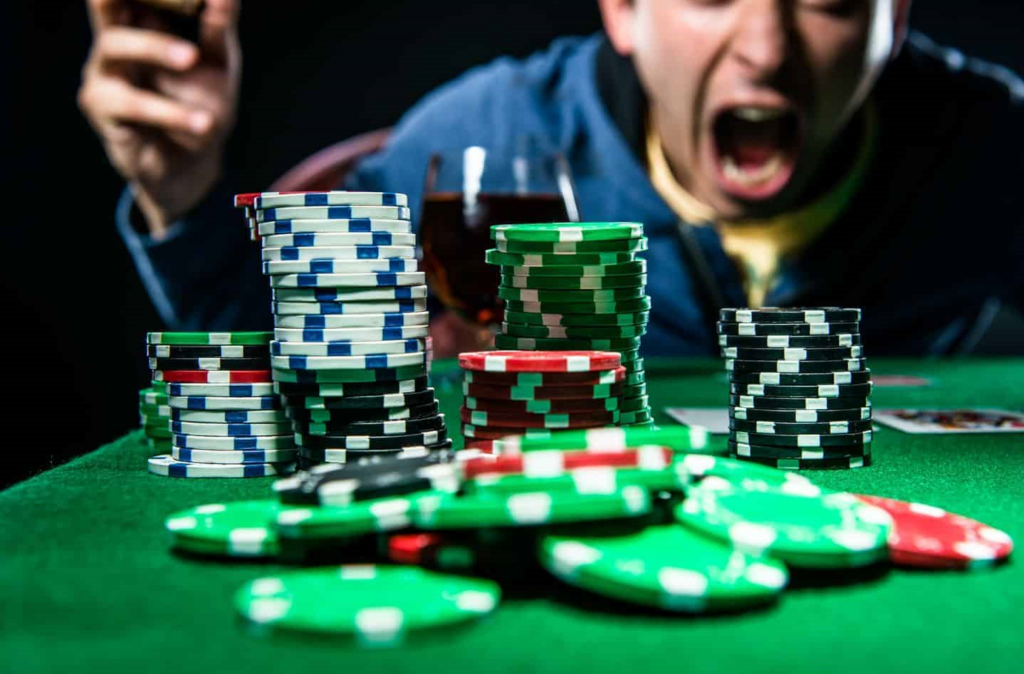Tilt in poker is one of the most misunderstood concepts out there and many players have no idea how it works. However, tilt is actually a very important part of the game. Whether you’re playing in a tournament or a cash game, you’ll want to be able to spot it quickly and avoid taking a bad stance that may cost you your game.

Lowest reported tilt triggers
In a recent study, players were asked to complete a survey to measure the tilt triggers in poker. The results showed that, overall, the lowest reported tilt trigger was losing a match.
When a player is not able to win a game, their best efforts at containing their emotions are often directed at other people. These responses range from talking less to playing more games to “nothing”. However, if the same person is not rewarded for these attempts, their frustration is understandable.
On the other hand, being caught in a tilt state is a different story. Although it is easier to avoid tilt, it is more difficult to escape it. Being aware of your feelings can help.
Tilt is an emotion-driven behavior. It is a state of poor play that occurs when you respond to your emotions. There are several factors that contribute to the onset of a tilt.
Triggers include the unexpected, a bad loss streak, increased market volatility, and a competitive mood. Players can also be triggered by drugs and alcohol. Another common cause of tilt is trash-talking from opponents.
Non-responses to tilt
Tilt is an emotion that occurs in poker. It affects players’ ability to think clearly and to make optimal decisions. When the player is on tilt, they lose control of their game and lose faith in their ability to win. A tilt episode can lead to a bigger loss.
Poker tilt episodes are a risk factor for problem gambling. There are a variety of strategies to deal with tilt and prevent it from happening. Players can practice to control their reactions.
The Online Poker Tilt Scale (OPTS) was developed to measure the frequency of tilt episodes during online poker sessions. This scale was designed for the French population. OPTS-9 is a short version of the OPTS and may be used in future experimental studies.
The OPTS-9 displayed good psychometric qualities. Using this scale, researchers could examine the link between tilt episodes and problem gambling.
Researchers also found a strong association between tilt and cognitive distortion. Cognitive distortion refers to the tendency for people to use irrational or faulty thinking.
Revenge tilt
When players are tilting in poker, they are losing the ability to think clearly. The brain shuts down thinking when the emotion is too high. In a poker game, this can lead to bad decisions and poor play.
Poker players should take time to calm down and refresh themselves. Having a drink or going outside can help. They should also ask to be moved to a different table or seat. If they can’t get that done, they should consider a professional.
After a loss, players tend to blame a number of different things. A player may be feeling angry after a bad call or a missed value bet. This can cause a player to lose confidence in their own abilities. However, it is important to set realistic goals for the future.
If a player is on a revenge tilt, he or she will go after the players who did him or her wrong. This can be a real problem, especially if the person is not mild-mannered.